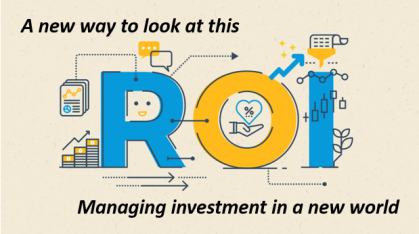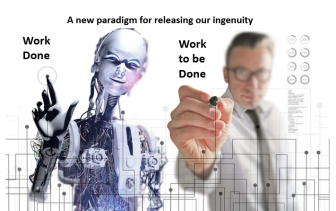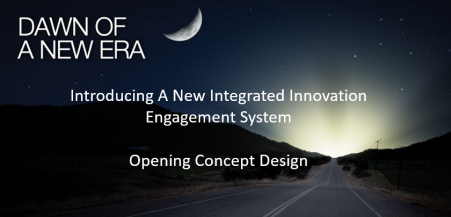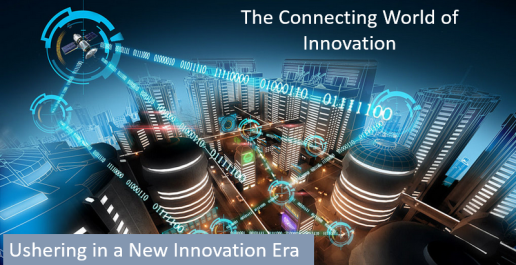 Innovation has had a bigger brother moving into the house next door; Digital Technology and between them, they have been busily knocking the walls down, to share the future going forward. The two have become interlinked, you seem to always need the one to respond to the other. Maybe it is a “digital – innovation twin” that shapes the physical world with digital understanding- think about the current Industrial Digital Twins for IIoT solutions.
Innovation has had a bigger brother moving into the house next door; Digital Technology and between them, they have been busily knocking the walls down, to share the future going forward. The two have become interlinked, you seem to always need the one to respond to the other. Maybe it is a “digital – innovation twin” that shapes the physical world with digital understanding- think about the current Industrial Digital Twins for IIoT solutions.
Seriously, have you not noticed the more we work in the innovation space, digital and technology have become inseparable and part of any innovation solution. The innovation funds are increasingly being switched to digital or technology solutions and the output of the discoveries from this digital technology need innovation to then be applied. A virtuous loop.
Managing in this shift has become more intense and committing.
The reliance on deeper insights, more data, greater communications is changing the way we undertake innovation. Speed, scale, and scope are greater within the mix than ever before. We are testing uncertainty constantly, validating a part, pivoting more, experimenting and prototyping to work through this deciphering. Data specific, technology-driven, innovation invigorating.
Organizations are spotting opportunities faster than ever. We are cutting across borders, teaming up with start-up’s, past competitors to seize these opportunities. Continue reading “The new ROI for digital innovation”









